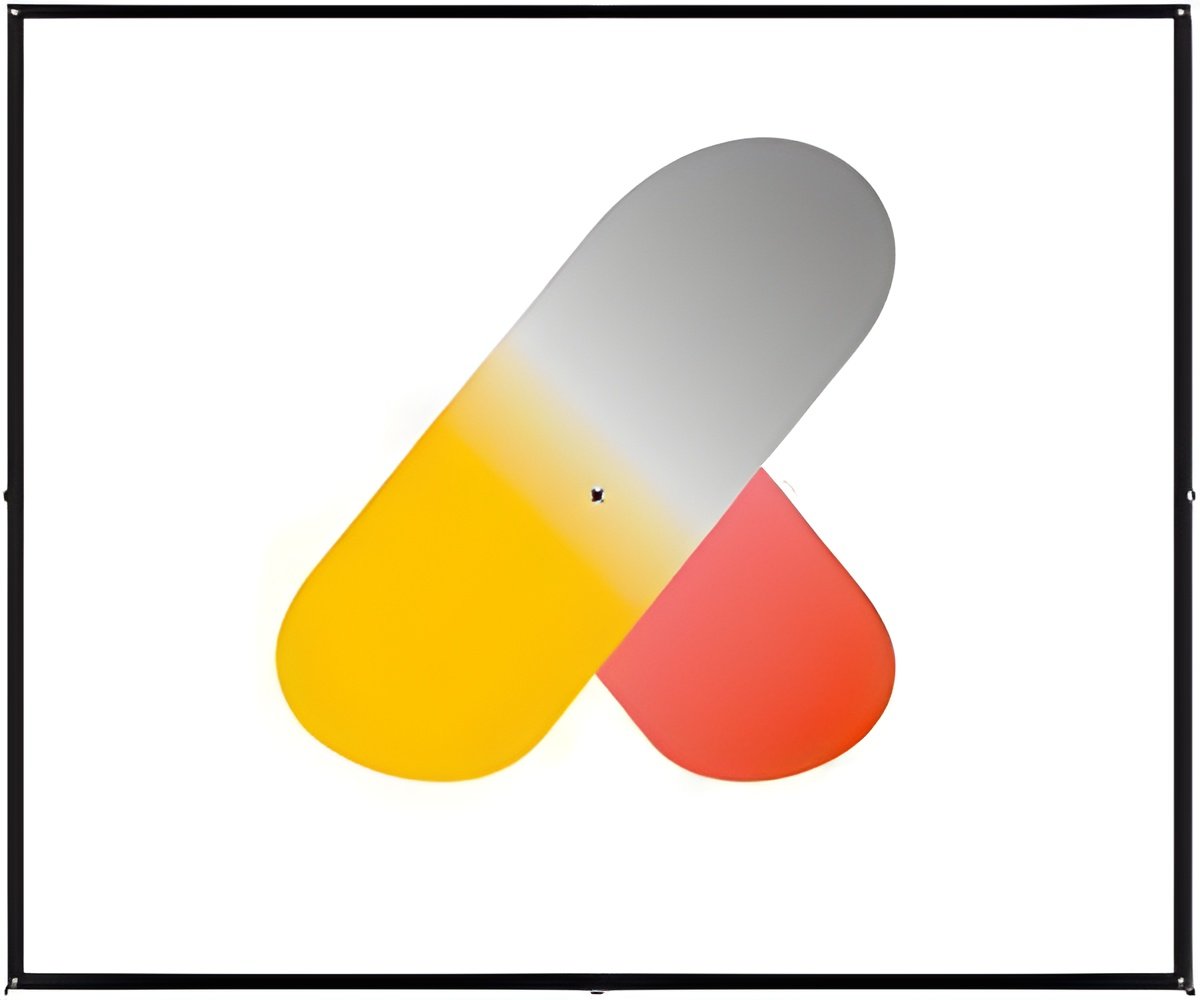An informal approach worth almost $100 billion between US drugs giant Pfizer entering into merger with British rival AstraZeneca will fuel cancer research.

It would also benefit the shareholders of both companies, he said.
AstraZeneca's share price surged by about 15 percent in response to Read's statement, bringing the company's market value to slightly above January's informal offer price of $99 billion.
AstraZeneca had yet to respond to Pfizer's statement, which comes as the global pharmaceutical sector is undergoing a huge shake-up to face the challenges of expiring patents for key brands and deep cuts to government healthcare spending worldwide.
On a broader front, big companies are showing renewed interest in takeover opportunities amid a new-found appetite for risk, driven by strong cash positions, and cheap money since the financial crisis
Reports of a potential tie-up between the two drugs groups had first emerged one week ago.
Advertisement
It added: "After limited high-level discussions, AstraZeneca declined to pursue negotiations." Pfizer however stressed "its continuing interest in a possible merger transaction".
Advertisement
Joshua Raymond, chief market strategist at City Index trading group, said Pfizer's statement indicated that the company was no longer interested in a friendly merger deal.
"Make no mistake, the confirmation today of Pfizer?s interest is a declaration of its intention to now pursue a hostile merger."
"With AstraZeneca rebuking their attempts to negotiate, Pfizer has tried to create a buzz within AstraZeneca's leading shareholders to get them to force the issue with the current board."
"The board of AstraZeneca remains under pressure after falling sales and a failure to gain momentum for ... turnaround plans," Raymond said in a note to clients.
Pfizer said it had informally offered £46.61 ($78.4, 56.59 euros) per AstraZeneca share on January 5 in a cash and stocks offer, which valued the target company at £58.8 billion ($99 billion).
The US company said it had contacted AstraZeneca on Saturday "seeking to renew discussions" and was "considering its options" after AstraZeneca once more refused to take up the interest.
Read said on Monday that "patients all over the globe would benefit" from a merger, "in the form of potential new therapies that help to fight some of the world's most feared diseases, such as cancer".
He said: "The combination of Pfizer and AstraZeneca could further enhance the ability to create value for shareholders of both companies."
- Rush of tie-ups -
Speaking last Thursday, AstraZenenca chief executive Pascal Soriot said his company was on the look out for deals, while cautioning about major merger agreements.
Soriot, who said large acquisitions can be "very disruptive", spoke to reporters following publication of AstraZeneca's latest earnings update and after drugmakers Novartis and GlaxoSmithKline unveiled multi-billion-dollar deals also involving US group Eli Lilly.
The string of deals by the three giant healthcare groups will see Novartis sharpen its focus on the high-grossing cancer sector, GSK boost its share in vaccines and Eli Lilly strengthen its animal health unit.
Also last week, Valeant Pharmaceuticals offered to acquire Botox-maker Allergan for more than $45 billion.
Raymond said a merger would produce also a massive tax benefit for Pfizer.
"They are sitting on a burgeoning cash pile of multiple billions outside of the US, and would face a hefty tax bill to repatriate this cash," he noted.
AstraZeneca is looking to push ahead with new treatments for cancer, respiratory disease and diabetes after announcing a plunge in profits for the first quarter, hit by generic competition following the loss of exclusivity for some of its key drugs.
AstraZeneca is shedding also around 5,000 jobs under a three-year cost-cutting programme due to end in 2016.
Source-AFP









